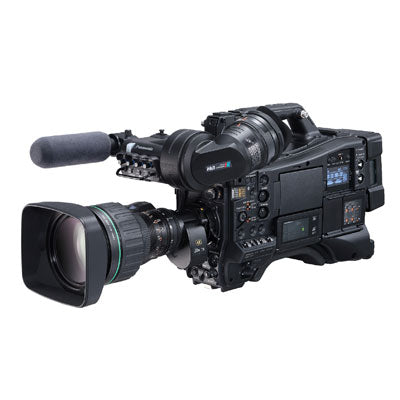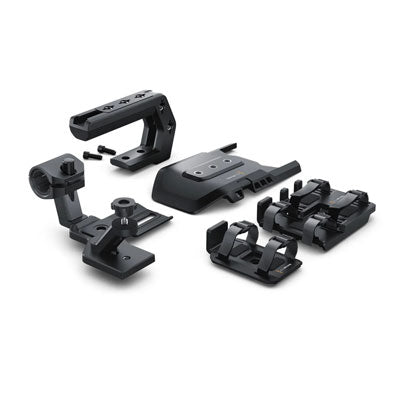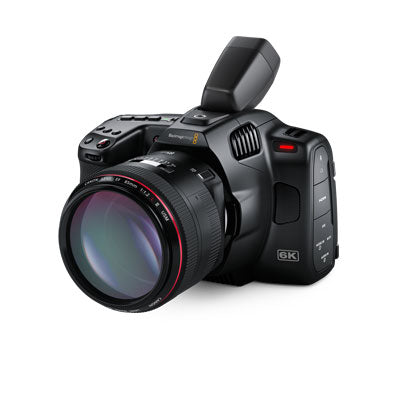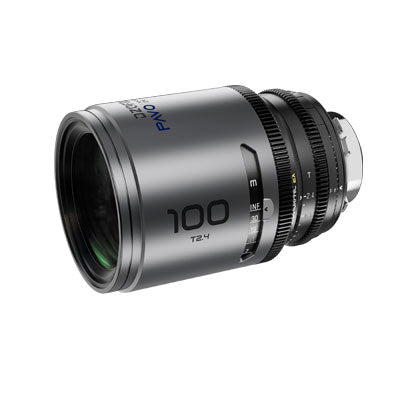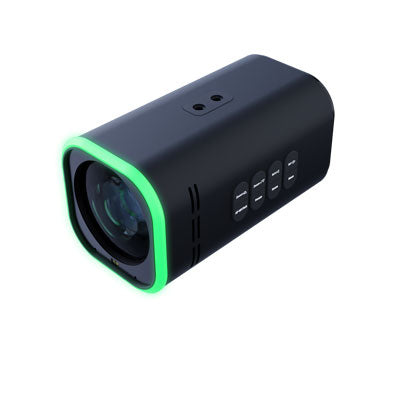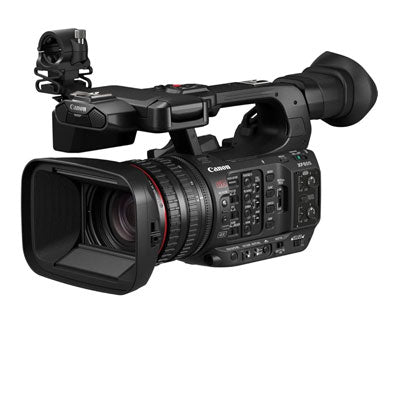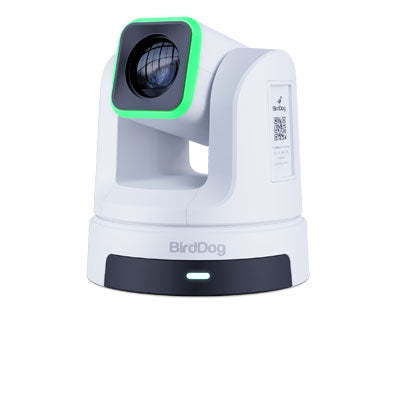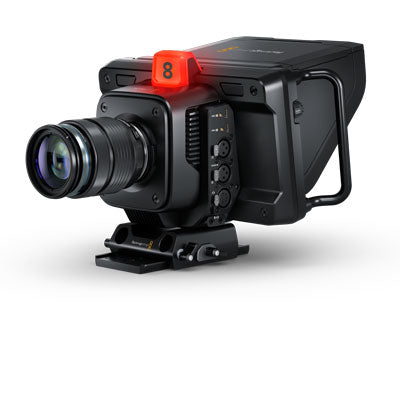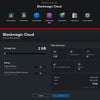NDI Related Network Ports
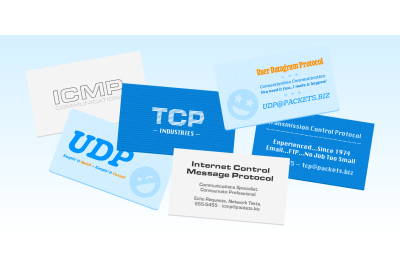
Understanding NDI Network Ports for Seamless Video Production
The Network Device Interface (NDI) protocol, developed by NewTek, has become essential for modern video production, enabling high-quality, low-latency video over IP networks. By leveraging existing network infrastructure, NDI technology simplifies the process of capturing, sharing, and broadcasting video across multiple devices, making it ideal for live streaming, remote production, and collaboration. However, to fully realize the benefits of NDI, it’s crucial to understand how NDI network ports function and how to configure them correctly.
What Are NDI Network Ports?
NDI network ports are specific digital pathways that allow NDI-enabled devices, such as cameras, video switchers, and computers, to communicate over a network. Each port serves as a channel for transferring data between devices, ensuring that video signals and related information flow seamlessly. NDI uses multiple ports to handle video, audio, and metadata transmission, and configuring them correctly prevents data loss, latency, and connectivity issues that could disrupt your production.
NDI Related Network Ports and Protocols for firewall
Reliable UDP
This is a new high-performance approach to transferring video and audio on a network. Real world testing has shown that in many problematic network configurations that performed poorly with previous versions of NDI and other video protocols now work perfectly with this version.
This uses a highly optimized UDP sender that supports very high latency connections (e.g., WAN or WiFi networks), with state-of-the-art congestion control and loss recovery (far superior to other reliable transfer protocols used in the industry), full inter-stream bandwidth management and connection sharing, no front of line queue blocking, reduced number of open ports and fully asynchronous sending and receiving.
Multipath TCP
This protocol permits transport across multiple NICs and all network paths, it is ensigned to use hardware-accelerated network adapters with adaptive bandwidth sharing across NICs.
Multipath TCP helps to maximize throughput, resource usage, and increase redundancy across the network, and is not disrupted by adding or dropping pathways and works across multiple network types such as wireless and mobile.
Single TCP
This is a network communications protocol, which enables two host systems to establish a connection and exchange data packets, and ensures data is delivered intact to the correct destination. TCP is typically grouped with IP (Internet Protocol) and known collectively as TCP/IP.
UDP with Forward Error Correction
This is an alternative protocol to TCP that is used when reliable delivery of data packets in not required. UDP is typically used for applications where timeliness is of higher priority than accuracy, such as streaming media, teleconferencing, and voice-over-IP (VoIP). Forward error correction (FEC) is a method of obtaining error control in data transmission in which the source (transmitter) sends redundant data and the destination (receiver).
NDI utilized these network ports
-
Posted in
NDI










